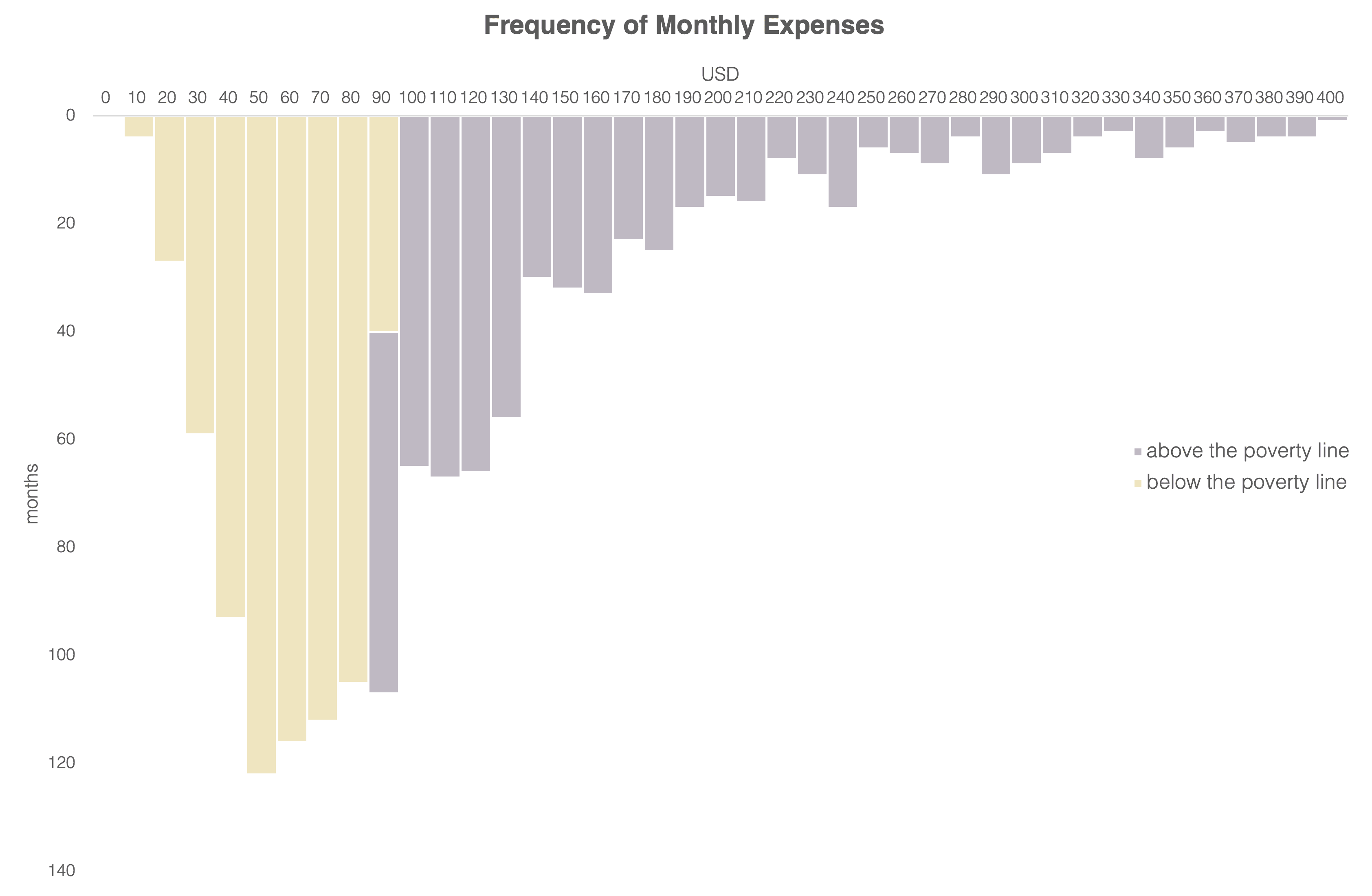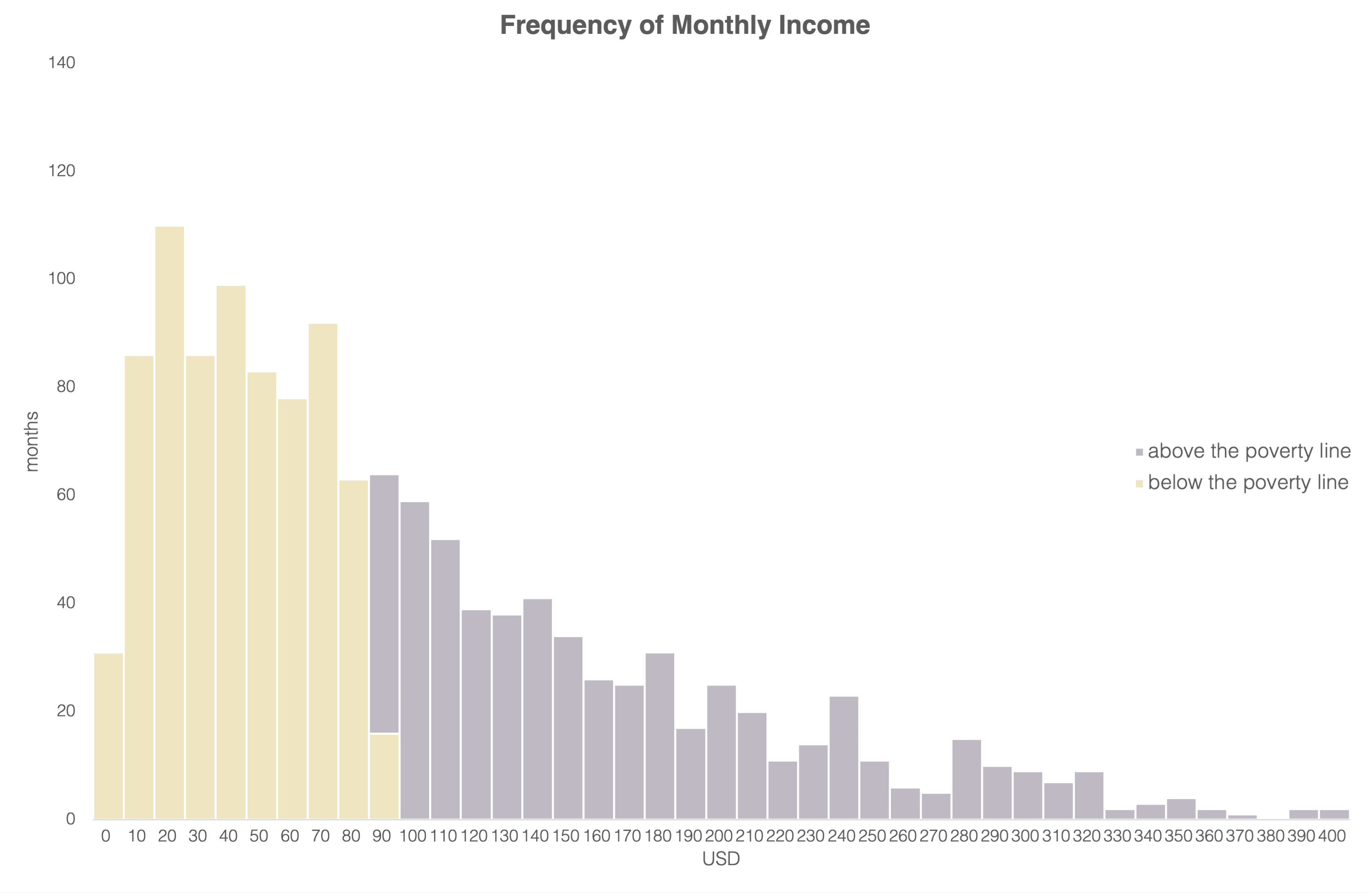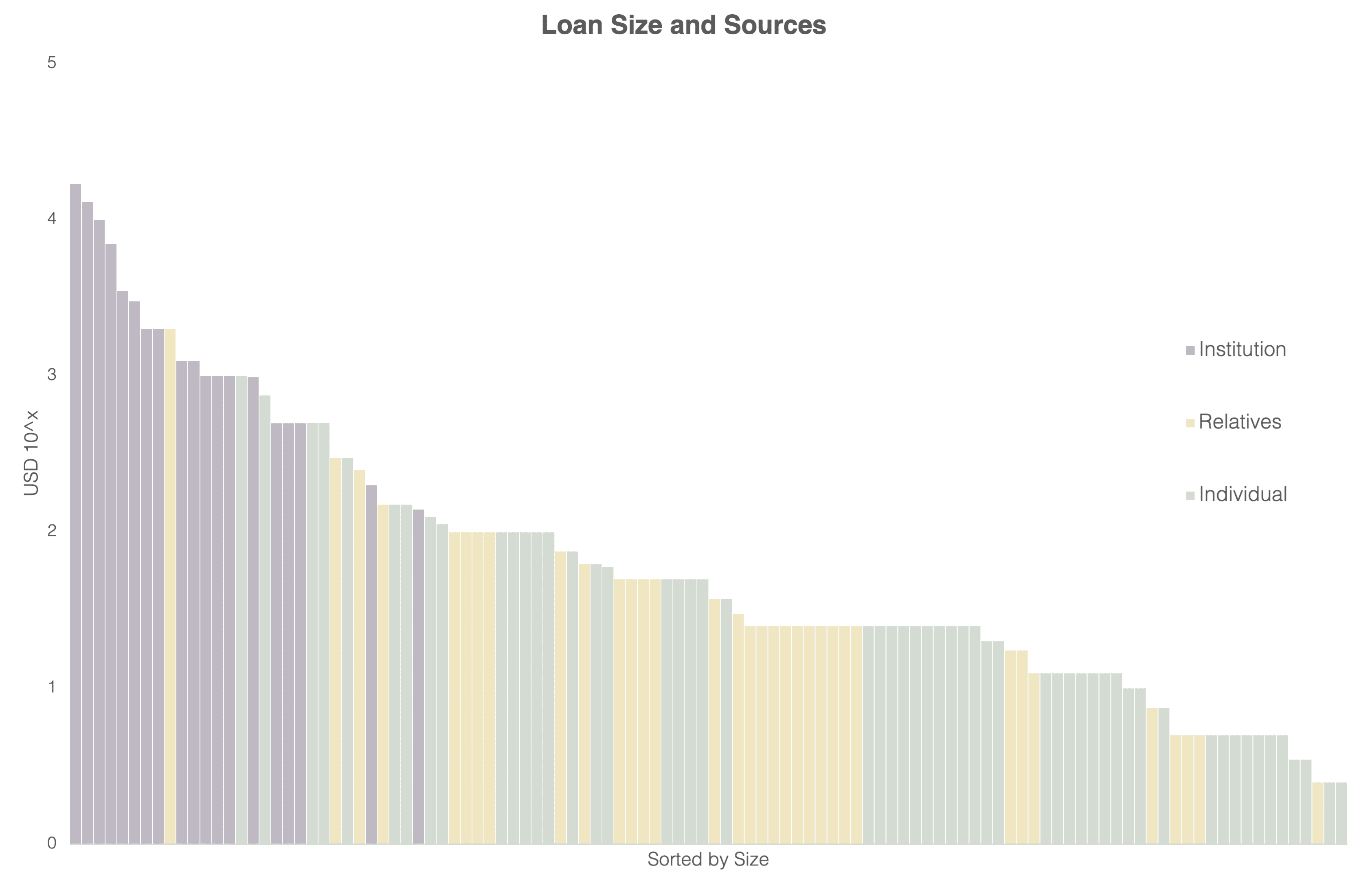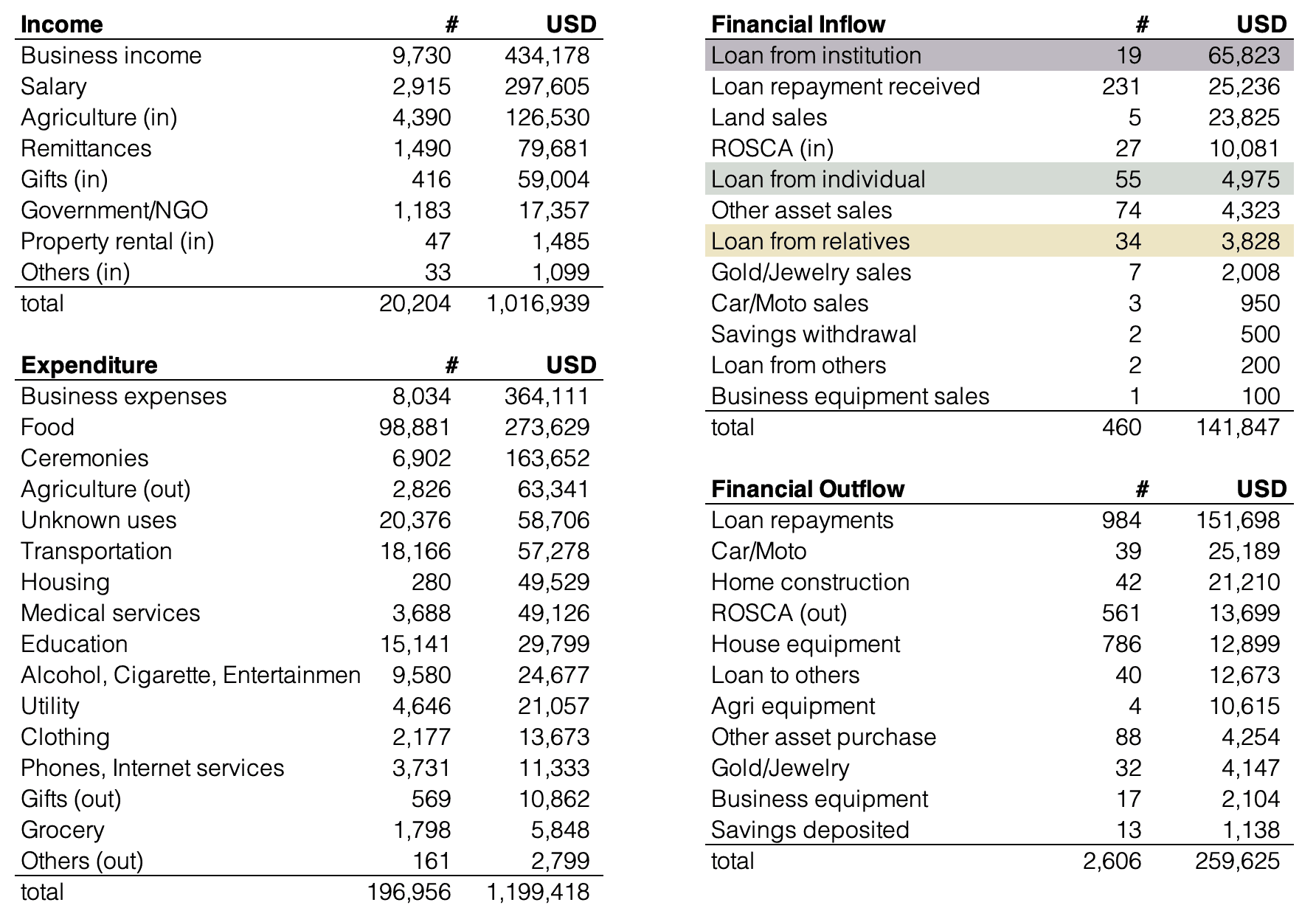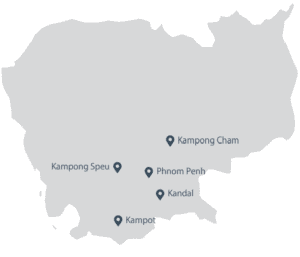From 2016 until recently, I was fortunate enough to meet many investors for Gojo’s equity financing rounds from Series A to D.
This blog post aims to share a few painful moments when I received candid feedback from potential investors. I now see these pieces of feedback as a gift, and hope that the following three gifts I received can help those looking to raise funds, especially for startups. All three are true stories.
1. “You are like a messenger boy.”
I will never forget this message and genuinely appreciate him giving me such straight forward feedback. This message in the very early days of my fundraising journey helped me a lot.
At that time, we were about to close a deal with one of the best-known VCs in Japan. The VC was not a lead investor. Given VC financing practices in Japan, follower investors do not have much room to negotiate a share subscription agreement's terms and conditions.
The venture capitalist understood the limitations and conceded on most terms while requesting a few minor points where he could not compromise. As the person in charge of negotiating with the VC, I consulted our legal counsel, and we decided to push back on his request.
He accepted our comments, but at the end of the conversation, he told me, "I understand your attorney is doing a great job, and I can understand his points. But I haven't heard your views on my request in your own words. Please explain why you think your company should not accept our offer. You are now representing your company in front of me. We are now turning the final corner of this deal because I believe in your team and you. Give me your own words instead of a lawyer's textbook answers. "
I could not answer well because I had relied only on the legal counsel's comments and had not thought deeply about it myself. Then he told me,"You are like a messenger boy. I say sorry, but messenger boy has no value to me."
My takeaways:
- Speak with my own words, not borrowing from others, even if it is about a technical matter.
- During negotiations, I represent the current shareholders in front of a future shareholder. I need to give confidence to my counterpart, who will become a shareholder soon after this negotiation.
2. “See you again someday after you study us.”
Over our Series B financing period in 2017, we looked for a strategic investor who could create business synergies with us, rather than only injecting capital. Very luckily, we got the chance to meet with a top executive of a multi-billion dollar company, which sells consumer products globally. As usual, we prepared by studying their website, his book, and past newspaper articles before meeting him at their office.
At the executive’s office in a Tokyo skyscraper, we discussed the potential for business synergies after a brief corporate presentation. Our idea was to collect market data through our multi-national microfinance business network, which the company or market research firms would not usually be able to obtain because we targeted only low-income mothers in rural areas. They would become the company's future main client segment. We confidently said to him, "Why don't you obtain data from our company to track the consumer trends while collaborating with us? That could be a unique selling point for your marketing. Since we work in developing markets, we could bring you the contextualised data if you were to become our strategic investor."
He answered, "Oh, that sounds like a good idea. Could you let me know what feedback you’ve heard from clients on our product in these countries? Or could you share some personal spending data you’ve collected so far about our product segment? I'm sure you must have studied several samples before coming to me."
Unfortunately, we could not answer because we hadn’t researched the issue sufficiently before our first meeting. He seemed confused by our poor preparations. He said, "See you again someday after you study us."
Needless to say, the meeting ended 30 minutes earlier than scheduled, and the deal didn't happen. Instead, we wrote a letter apologizing for taking up his precious time.
My takeaway:
- Lack of preparation means a lack of effort. We should be as prepared as possible so that we can inspire investors.
3. “I understand your vision, however, you look like a swindler to me.”
By November 2016, two years and four months had passed since Gojo's inception. We were sourcing Series A investors, targeting mainly individual angels. The minimum ticket size for angel investors was 10 million JPY, approximately USD 90K at that time. At just two years and four months, our company didn't have a brilliant track record. However, we had to offer a reasonably high valuation to preserve our founders' ownership and avoid the mission drift seen in the microfinance sector in the early 2010s.
In many cases, for start up financing, personal introductions are the most powerful way to expand your pool of investors. The key is to create a network of supporters to get these connections. I contacted many old friends and acquaintances and made many pitches.
I met a 60 year old veteran executive of a company which he had run for 25 years with stable growth. He welcomed me, and we had a casual catch-up, then I made a presentation to ask him whether he could consider an angel investment in our company.
He questioned our top line, bottom line, top-line growth rate, and valuation. Right now, our current valuation comes from a combination of our past track record and future expectations. At that time, our valuation mainly relied on a dreamy goal: our future expectations.
He told me, "I believe that a business should be valued based on past performance, and if there is no track record, it should be a reasonable price. Come to me again when you achieve numbers that can justify your valuation. I understand your vision and passion, however, you look like a swindler for now."
My takeaway:
- While it may be pretty obvious, not everybody can value our beliefs and thoughts as we do. There is no one pricing for start up financing. Try tapping a number of investors until we find those who can understand the value of our offering.
In conclusion
Painful feedback is food for better performance. Our ability to accept it honestly depends on our determination to achieve the vision. As long as we are determined to achieve our vision, we can happily receive this feedback as a gift even though emotionally it’s not easy.
There are so many hard things in the fundraising process that we can not imagine just from reading success stories in outlets like TechCrunch.
Adding shareholders to the cap table is similar to marriage. I hope those who read this blog post can overcome hard things and find the best partner to change the world with you!
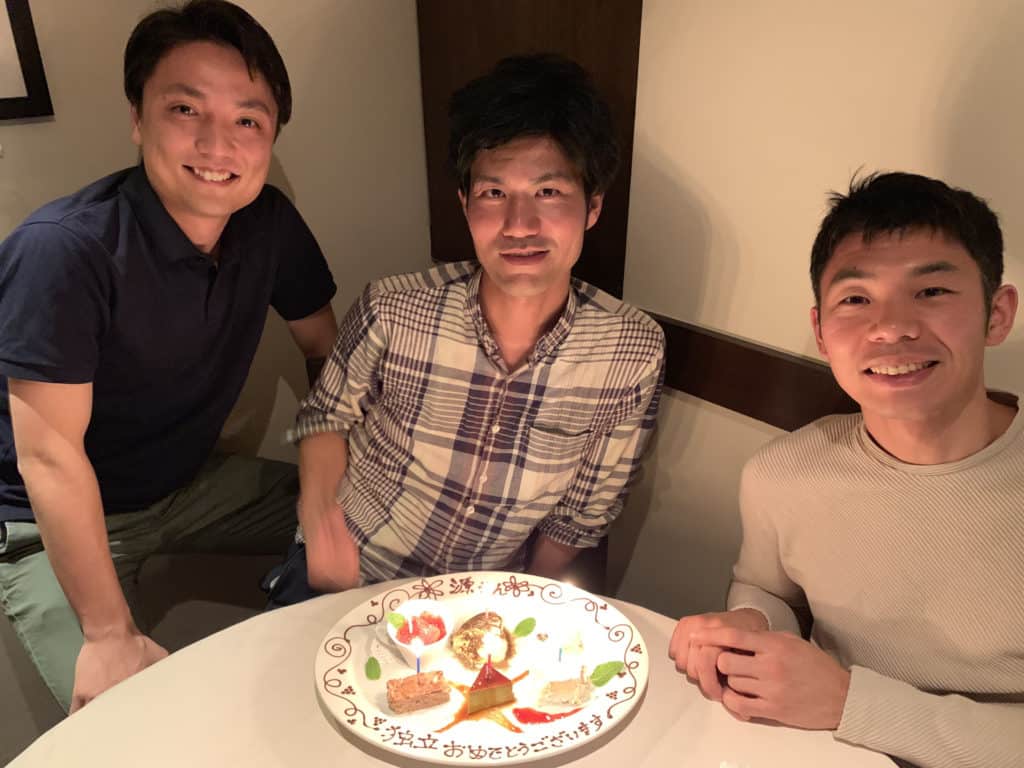
Postscript
The investor who told me I was like a messenger boy founded his own venture capital firm after spending two years as a shareholder of Gojo. After his first investment in Gojo, he connected us with his own networks of investors built throughout his career, and we can attribute around 25 million USD of funds successfully raised to his introductions. He also invested in Gojo again from his new venture capital firm. Fast learning can attract additional investment and strong support from investors. As our CFO Kohei says in his recent blog post, fast learning creates credit with investors. Credit translates into the capital to change the world.
Natsuki Sugai has worked at Gojo since 2015. In that time, he has worked as a country representative for Myanmar and has led Gojo's fundraising efforts from Series A to C. He currently works on the Operations team, where he develops and refines Gojo's governance processes.




















